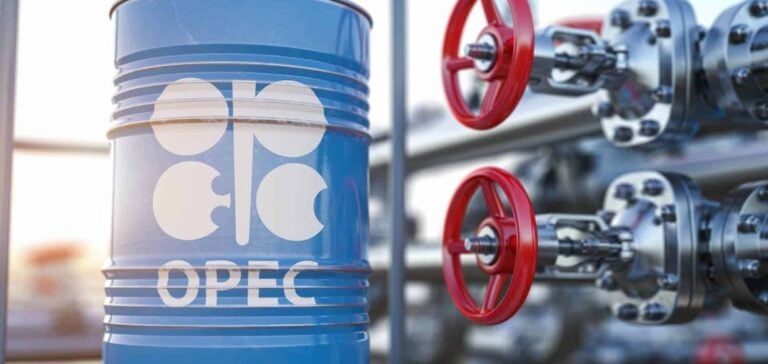Saudi Arabia, Russia, and Iraq held a strategic meeting in Baghdad on November 26 to discuss the current conditions of the global oil market. This meeting comes at a time when tensions regarding production quotas within OPEC+ dominate the agenda. The upcoming OPEC+ meeting on December 1 will focus on production strategies for 2025, as the group seeks to balance market stability with economic profitability.
Iraqi Prime Minister Mohammed Shia al-Sudani hosted Russian Deputy Prime Minister Alexander Novak and Saudi Energy Minister Abdulaziz bin Salman. According to official statements from Iraq and Saudi Arabia, the discussions emphasized the importance of maintaining a stable and balanced oil market with fair pricing. These concerns reflect the ongoing challenges faced by OPEC+ member countries amid an uncertain economic environment.
Quotas under pressure
One of the key topics during the meeting was the issue of quota overproduction. In 2024, Iraq and Russia have frequently exceeded their production limits set by OPEC+. In October, Iraq produced 4.14 million barrels per day (b/d), 235,000 b/d above its quota, according to the OPEC+ report by S&P Global Commodity Insights. Although Baghdad has submitted compensation plans to the organization, these discrepancies raise questions about the commitment of member countries to adhere to their quotas.
Russia has also exceeded its targets, producing 9.03 million b/d in October, surpassing its quota of 8.98 million b/d by 52,000 b/d. This repeated non-compliance has fueled friction within the group, which must carefully balance flexibility and discipline.
Ongoing challenges for 2025
A major focus of the OPEC+ meeting will be the voluntary production cuts currently in place. Saudi Arabia, Russia, and Iraq are participating in combined reductions of 2.2 million b/d, but the extension or adjustment of these cuts remains uncertain. Initially planned to ease in January 2025, the strategy has already been postponed twice due to oil prices failing to meet most members’ fiscal breakeven points.
Brent crude, assessed at $74.29 per barrel on November 25, remains well below the peak of $93 per barrel reached in April. This price weakness complicates demand growth forecasts, especially amid persistent geopolitical uncertainties with ongoing conflicts in Ukraine and the Middle East.
A complex international context
Beyond economic challenges, OPEC+ must consider global political developments, including potential shifts in U.S. trade policy following the 2024 presidential elections. Additionally, addressing competition from non-OPEC producers will add another layer of complexity to upcoming decisions.
As OPEC+ prepares to redefine its strategy for the years ahead, the discussions in Baghdad highlight a commitment to cooperation among key global oil market players. However, divergences over quota adherence and geopolitical dynamics could significantly influence decisions during the December 1 meeting.






















